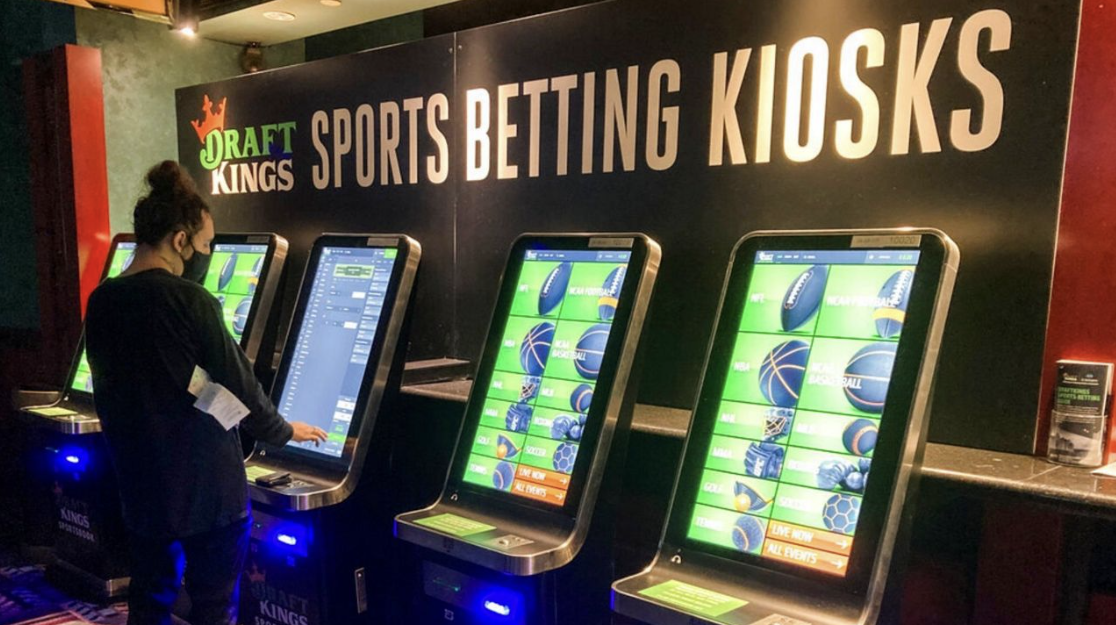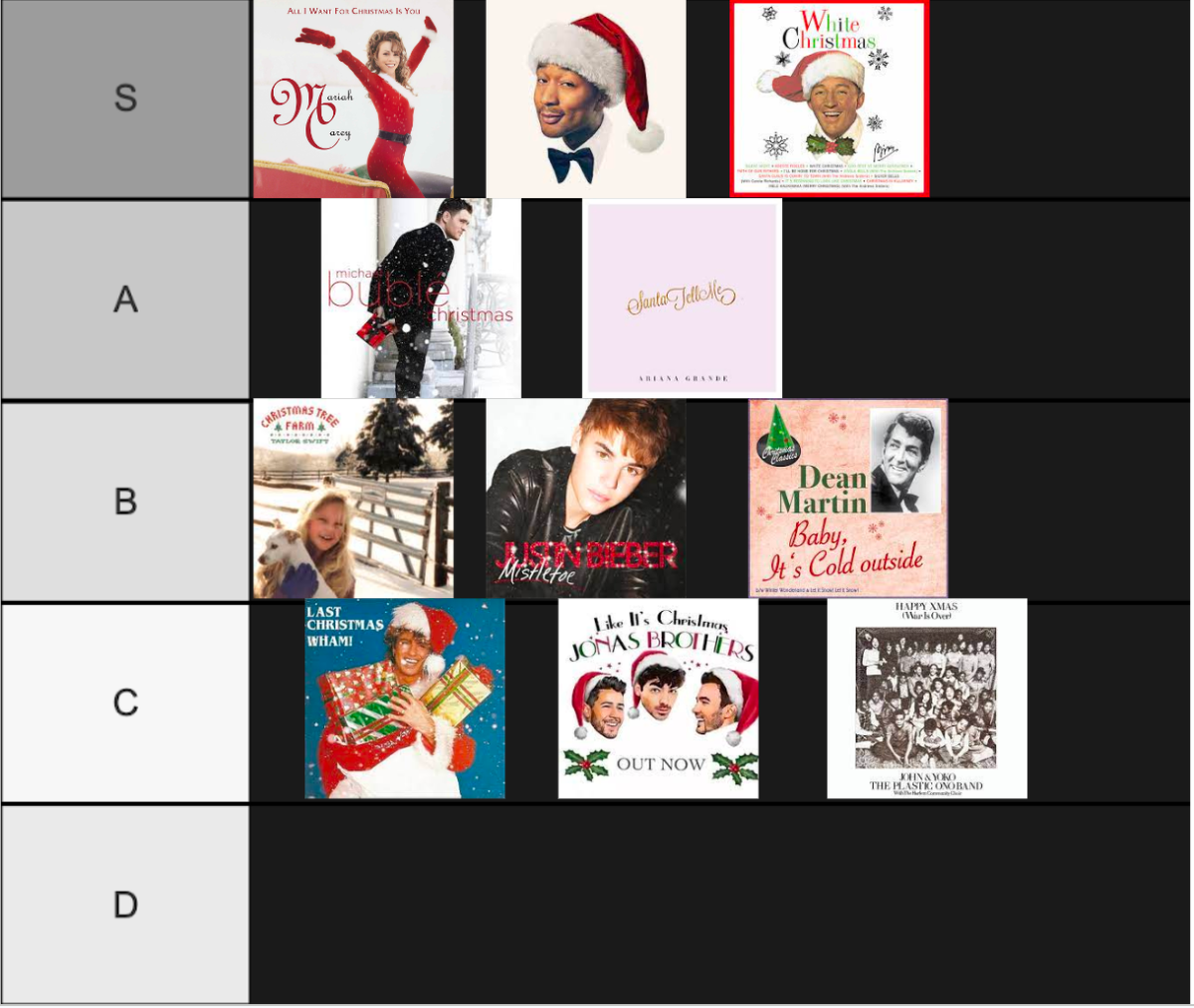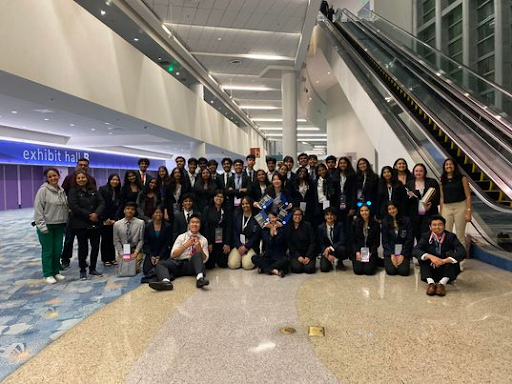According to the Associated Press, there have been a total of 175 sports betting violations since 2018. Since 2018, according to the Associated Press. This includes the indefinite suspensions of Isaiah Rodgers and Rashod Berry, two NFL players of the Indianapolis Cults. Sports betting, the act of wagering money on certain outcomes of athletic events, can range from simply betting on which team will win a particular game, to whether the Super Bowl coin toss will result in heads or tails.
The Bradley Act, passed in 1992, prevented most states from legalizing sports betting for both athletes and the general population. However, this law was overturned in 2018 by the Supreme Court, which led to 35 of the 50 states legalizing the act. Multiple sports leagues immediately passed a series of rules and regulations for sports betting by their athletes including the NCAA’s ban on their athletes betting on any NCAA sports, and the NFL’s disallowance of their players betting on other teams within the league. Players who are found in violation of these requirements can be suspended for upwards of one year, not be allowed to participate in multiple games, or even expelled from their league entirely.
Despite the restrictions on sports betting within professional and college sports leagues, leagues such as the NFL make upwards of $1.8 billion in gambling sponsorships annually, according to the New York Times. While players are expected to endorse sports betting companies for the profit of their leagues, they may, ironically, be punished for personally promoting or partaking in sports betting of any kind. Thus, the debate as to whether athletes should be able to place bets within their leagues or others has arisen.
Most people agree that players should not be allowed to bet on their own games, as the risk of throwing games becomes almost inevitable. However, some sports leagues, such as the NBA and NCAA, may go as far as to prevent players from betting on all league-related games or all sports within the league. One NCAA athlete, in an article published by the Michigan Review, argues that “placing interest on specific sports teams should be allowed for athletes, and even seems natural,” and it can actually “encourage athletes to look beyond their level of competition.” The article elaborates, “If you’re a trained student-athlete, you understand the gravity of gambling on professional or collegiate athletics better than [the nonathete].” Athletes spend their lives dedicated to their sport, so most would not risk jeopardizing their careers to place illegal bets.
In addition, it’s hypocritical for these sports leagues to restrict athletes from sports betting to this extent, when those very leagues are profiting from their players’ sponsorships of the gambling companies. According to Front Office Sports, more than 25 NFL teams are sponsored by at least one sports betting company. The MLB, according to their website, is sponsored by one, and the NBA, by two. Athletes, including the quarterback of the Denver Broncos, Russell Wilson, and former NBA player, Kobe Bryant have been featured in advertisements for these online sportsbooks companies and are signing ambassadorship deals or being featured in advertisements for these companies, as well, racking up even more dollars for their respective leagues. Major sports leagues are generating billions of dollars from these sponsorships so shouldn’t it be fair that players can partake in the activity they are endorsing as well?
Some people argue that looser restrictions in sports betting for athletes will lead to cheating. However, the chance of corruption is never zero regardless of the policies in place so resources should be focused on catching those who violate the rules rather than overly restricting and impeding athletes’ financial freedom.
Presently, there is no valid reason to place these highly restrictive rules and regulations in sports leagues. Given that the restrictions do not compromise the integrity of professional and collegiate sports, athletes should be allowed to exercise their financial freedom and partake in sports betting. At the end of the day, it cannot denied that changes must be made against this hypocrisy within the sports world.








